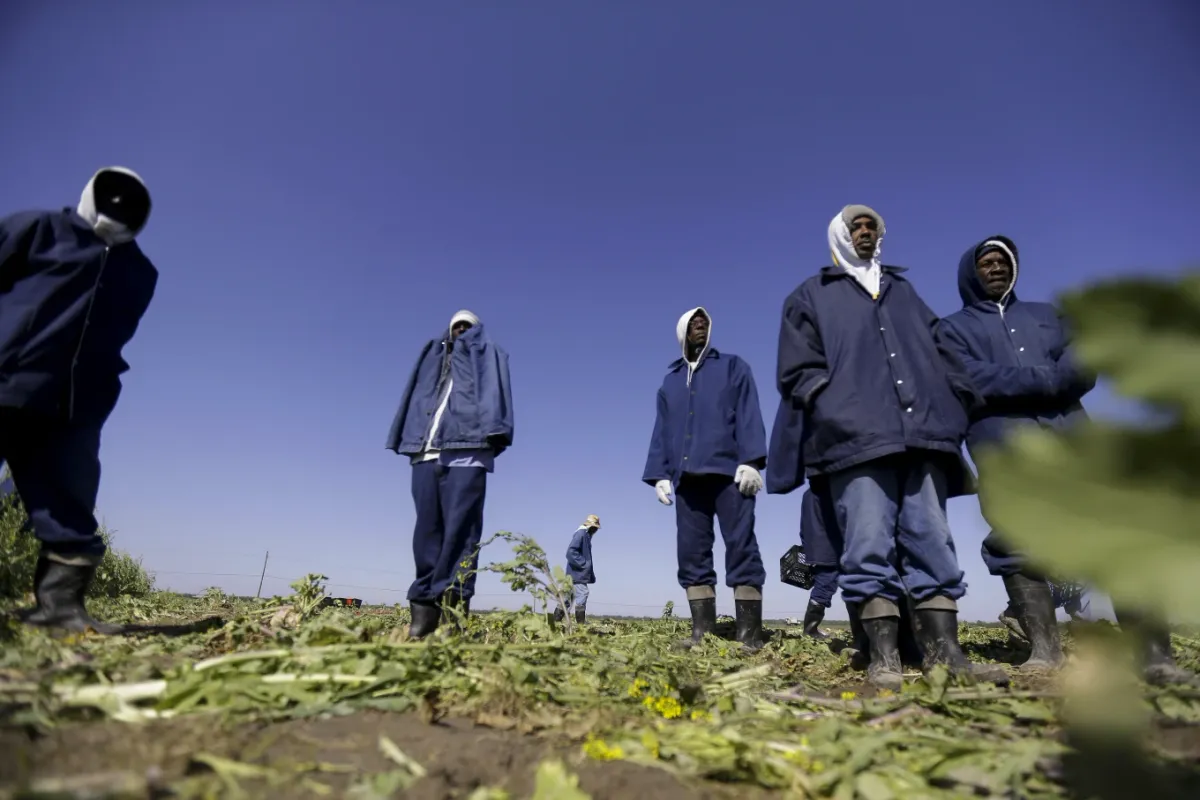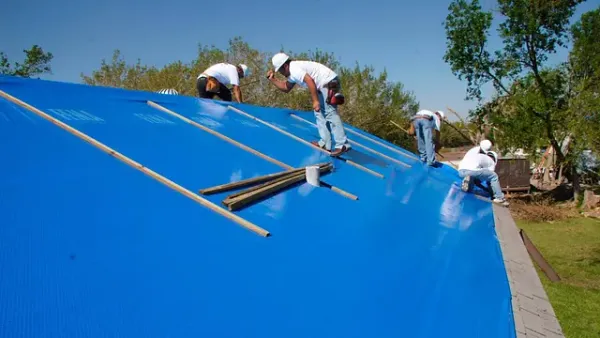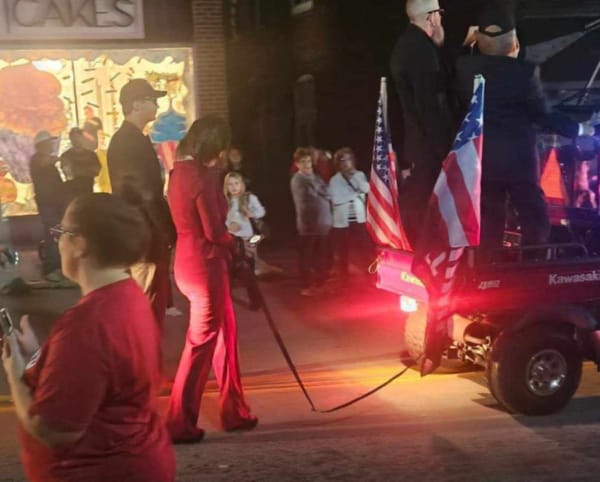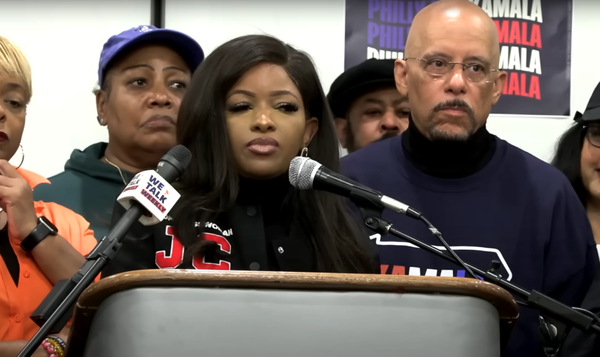Legal Battle Challenges Forced Labor Conditions at Angola Prison

BATON ROUGE, La. — Incarcerated men at Angola State Penitentiary have long been subjected to grueling field labor on the "Farm Line," enduring Louisiana's extreme heat with minimal protection or compensation. These workers toil without proper gear or pay for their first three years, later earning just two cents per hour. Refusing to work often results in solitary confinement. Under relentless sun exposure, workers receive inadequate breaks and lack essentials like sunglasses, sunhats, or sunscreen.
To combat these harsh conditions, several incarcerated men, supported by Voice of the Experienced (VOTE) and represented by the Promise of Justice Initiative (PJI), Rights Behind Bars (RBB), and Paul, Weiss, Rifkind, Wharton & Garrison LLP, filed an emergency motion (VOTE v. LeBlanc). This motion aims to address the dangers of forced labor, particularly on the Farm Line.
On Tuesday, oral arguments for a temporary restraining order to stop Farm Line operations in temperatures above 88 degrees were presented at the U.S. District Court in Baton Rouge before Judge Brian Jackson. PJI Attorney Lydia Wright argued that temperatures on the Farm Line frequently exceed safe levels, posing significant health risks to incarcerated individuals, especially those with medical conditions. Despite claims of insufficient breaks, water, and protective gear, the Louisiana Department of Corrections (DOC) maintains that its policies meet constitutional standards, citing regular temperature monitoring and provisions for breaks and hydration.
Judge Jackson has yet to rule on the emergency motion but acknowledged the case's urgency. He expedited discovery and set a trial date for September 30. The judge also urged the DOC to ensure consistent heat index recording, improve water quality, and establish cooling spaces due to the lack of shade.
This lawsuit, part of a broader effort by PJI and VOTE, argues that the Farm Line violates Eighth Amendment rights by constituting cruel and unusual punishment and serves no legitimate institutional purpose. It also challenges the historical roots of the practice, tracing it back to post-Civil War efforts to perpetuate conditions similar to slavery. While the case raises broader questions about the constitutionality of prison labor, the immediate focus is on the dangerous conditions faced by incarcerated workers during summer on the Farm Line, highlighting the intersection of labor rights and incarceration policies.





